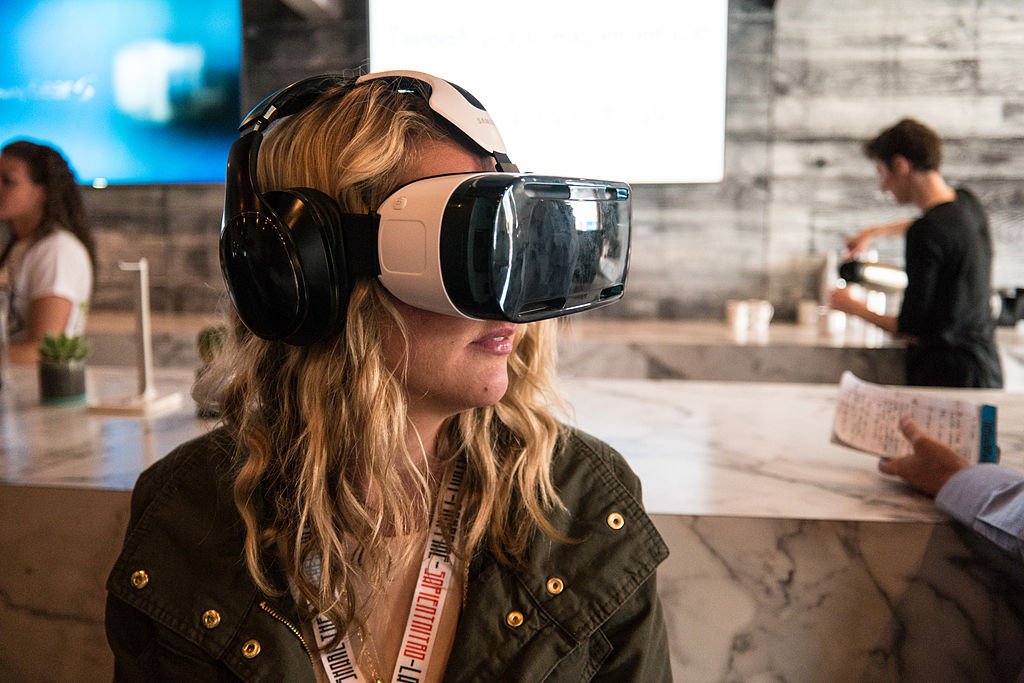How VR is going to turn up the Industry
Everybody who has gotten a mobile headset knows the experience of downloading all the free stuff they can and entering a virtual museum saying, sure, this is cool. Very well, what those things are missing is having someone else inside. When you add this kind of network multiuser experience, it might be something different. That’s what people intend back in for: social experiences, including ones that aren’t always online games.
I think one of the greatest problems the industry has right now is that VR is thought of purely as a gaming technology, or people see Ready Player One particular and write it off. For VR to be adopted, it needs to be simple to use and easy to talk about, it needs to be something you don’t feel strange about using, and it needs to provide you with something that you really want to do which thing is almost necessarily going to have other people engaged.
“Presence” has been online for a long time. Is actually short for “telepresence” and it’s meant various things, but it’s basically this phenomenon that happens when VR is good enough that your head relaxes into it, and the false impression becomes the prevailing truth.
Jaron Lanier, who notoriously popularized the term “virtual reality” and was one of the early innovators of VR as a consumer idea, called it “the conversion moment, very well or when folks start believing in the digital reality world they’re in. Your rational brain always knows that stuff is away from headset, but the reptilian brain doesn’t. That unlocks everything we speak about in the book.
Will be certainly another level called “hand presence. ” It’s the way we move our hands and head in conversations with other people, which has a sponsor of other sub-textual definitions. And then there’s cultural presence, which is when others are around, and you see them and feel seen by them. The nature of being in a space with someone and sharing an experience with them unlocks different emotional transactions.
Empathy is about understanding and understanding another person’s experience, but intimacy is about sentiment that is certainly the thing that just began getting unlocked in the past year or two. The first thing people think of for VR is video games, but that isn’t the thing that gives VR it is transformative potential. Games are a diversion, but mental times become memories, a fascinating thing.
Source: theverge.com












